
下载APP

【单选题】


Uruguay has been a proud exception to the privatizing wave that swept through South America in the 1990s. Its state-owned firms are more efficient than many of their counterparts in Argentina and Brazil ever were. In 1992, Uruguayans voted in a referendum against privatizing telecoms. They rightly observe that some of Argentina’s sales were smashed, creating inefficient private monopolies. And with unemployment at 15%, nobody is enthusiastic about the job cuts privatization would involve.
That leaves President Jorge Batlle with a problem. Uruguay has been in recession for the past two years, mainly because of low prices for its agricultural exports, and because of Argentina’s woes. But public debt is at 45% of GDP, and rising. Some economists argue that privatization would give a boost to the economy, by attracting foreign investment, and by lowering costs. CERES, a think-tank, having compared tariffs for public services in Uruguay and its neighbors, believes liberalization could save businesses and households the equivalent of 4% of GDP annually, raise growth and produce a net 45,000 jobs.
The polls that show continuing support for public ownership also show growing opposition to monopolies. So Mr. Baffle plans to keep the state firms, but let private ones either compete with them or bid to operate their services under contract.
The opposition Broad Front and the trade unions are resisting. They have gathered enough signatures to demand a "public consultation" next month on a new law to allow private operators in the ports and railways—a referendum on whether to hold a referendum on the issue. Alberto Bension, the finance minister, admits the vote will be a crucial indicator of how far the government can push. But he notes that, since 1992, attempts to overturn laws by calling referendums have flopped.
The liberalization of telecoms has already begun. Bell South, an American firm, is the first private cell-phone operator. There are plans to license others, and talk of allowing competition for fixed-line telephones. A new law allows private companies to import gas from Argentina to generate electricity in competition with the state utility. Another plan would strip Ancap, the state oil firm, of its monopoly of imports. It has already been allowed to seek a private partner to modernize its refinery.
Harder tasks lie ahead. The state-owned banks are burdened with problem loans to farmers and home owners. And Mr. Batlle shows no appetite for cutting the bureaucracy.
After a year in office, the president is popular. He has created a cross-party commission to investigate "disappearances" during Uruguay’s military dictatorship of 1976-85 The unions are weakened by unemployment. At CERES. Ernesto Talvi argues that Mr. Baffle should note his own strength, and push ahead more boldly. But that is not the Uruguayan way.
The fifth paragraph suggests that______.
A.
Bell South is built up in 1982
B.
There has been no law to regulate the electricity
C.
Ancap may modernize its refinery with the help of a private partner
D.
Liberalization makes the economy slack
举报
参考答案:


参考解析:




刷刷题刷刷变学霸
举一反三

【单选题】三、根据下图回答第126~130题。假如9月份厦门市汽车上牌量增长率创新高,则9月份厦门市汽车上牌总量()。 A.肯定高于1890辆 B.肯定高于1591辆 C.肯定高于1405辆 D.无法确定
A.
三、根据下图回答第126~130题。
B.
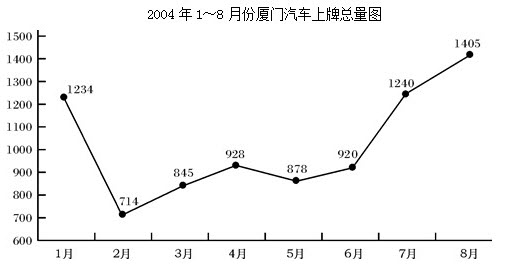

【单选题】(一) 东方印刷厂为增值税一般纳税人,于2001年成立,主营书刊、写字本等印刷业务。2011年7月有关资料如下: (1)接受出版社和杂志社委托,自行购买纸张,印刷有统一刊号(CN)的图书和杂志。购买纸张取得的增值税专用发票上注明税额340000元,向各出版社和杂志社开具的增值税专用发票上注明金额2900000元。 (2)接受报社委托,印刷有统一刊号(CN)的报纸,纸张由报社提供,成本450000元...
A.
26200.46
B.
26251.45
C.
141850.45
D.
142200.45
【单选题】“数量及单位”栏应填()。 A.28 795千克 (第一行) B.28 795千克 (第一行) 41 640米 (第三行) C.28 795千克 (第一行) 63 482.5磅 (第三行) D.28 795千克 (第一行) 28.795吨 (第三行)
A.
请根据所提供的资料,按照报关单填制规范的要求,在报关单相对应的栏目选项中,选出最合适的答案。
B.
资料1:
C.
中国矿产钢铁有限责任公司(110891 ××××)订购进口一批热拔合金钢无缝锅炉管(属法定检验检疫和自动进口许可管理商品,法定计量单位为千克),委托辽宁抚顺辽抚锅炉厂有限责任公司(210491××××)制造出口锅炉。载货运输工具于2007年4月10日申报进境,次日辽宁龙信国际货运公司(210298××××)持经营单位登记手册和相关单证向大连大窑湾海关申报货物进口。保险费率3‰。
D.
资料2:
E.
Mitsui O.S.K. Lines,LTD.
F.
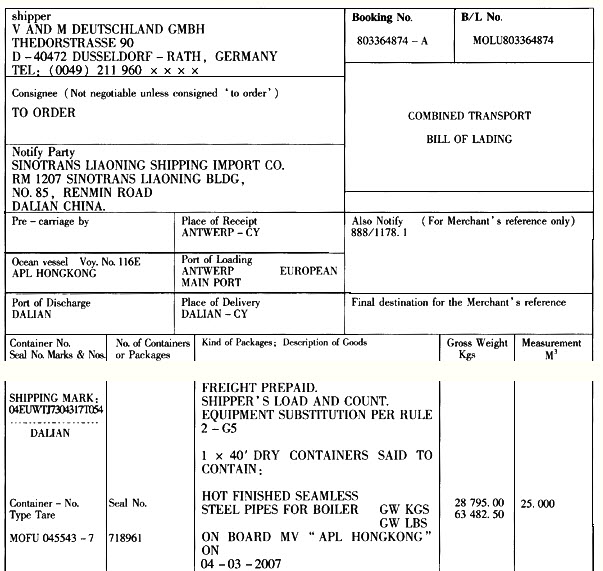

G.
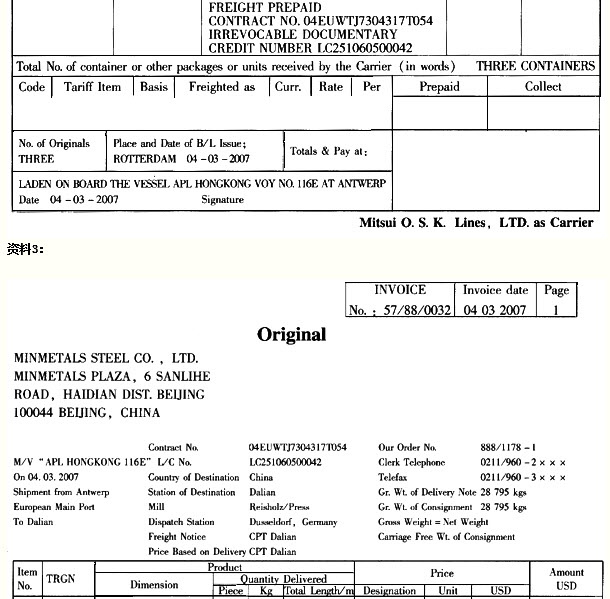
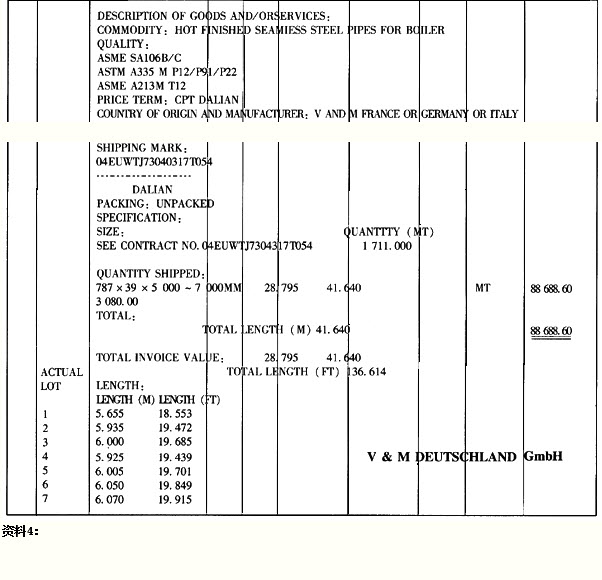
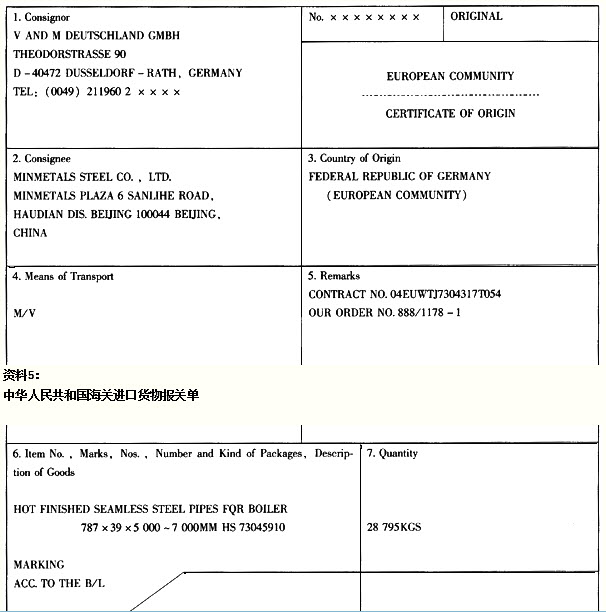
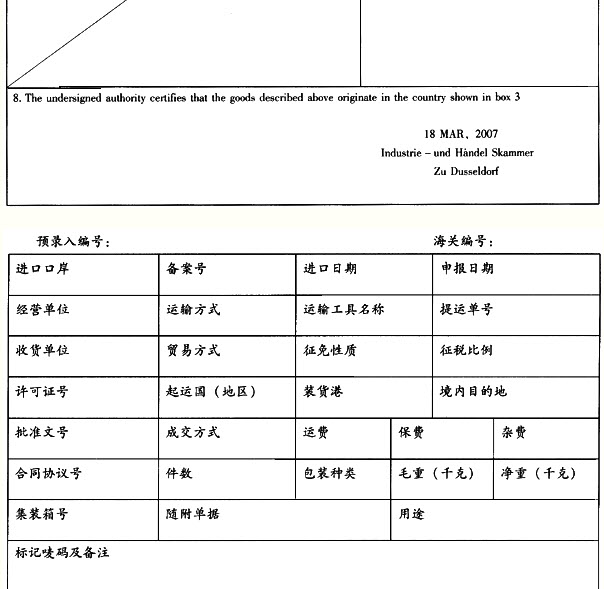




H.
请根据以上资料,选择下列栏目正确选项:
【单选题】辅导期一般纳税人增购专用发票预缴增值税的处理,下列陈述不正确的是( )。
A.
纳税人在辅导期内增购专用发票,继续实行预缴增值税的办法,预缴的增值税可在本期增值税应纳税额中抵减,抵减后预缴增值税仍有余额的一次退还
B.
辅导期纳税人专用发票实行按次限量控制,主管税务机关每次发售发票数量不超过25份
C.
主管税务机关应在纳税人辅导期结束后的第一个月内,一次性退还纳税人因增购专用发票发生的预缴增值税余额
D.
实行纳税辅导期管理的小型商贸企业,领购专用发票的最高开票限额不得超过10万元

